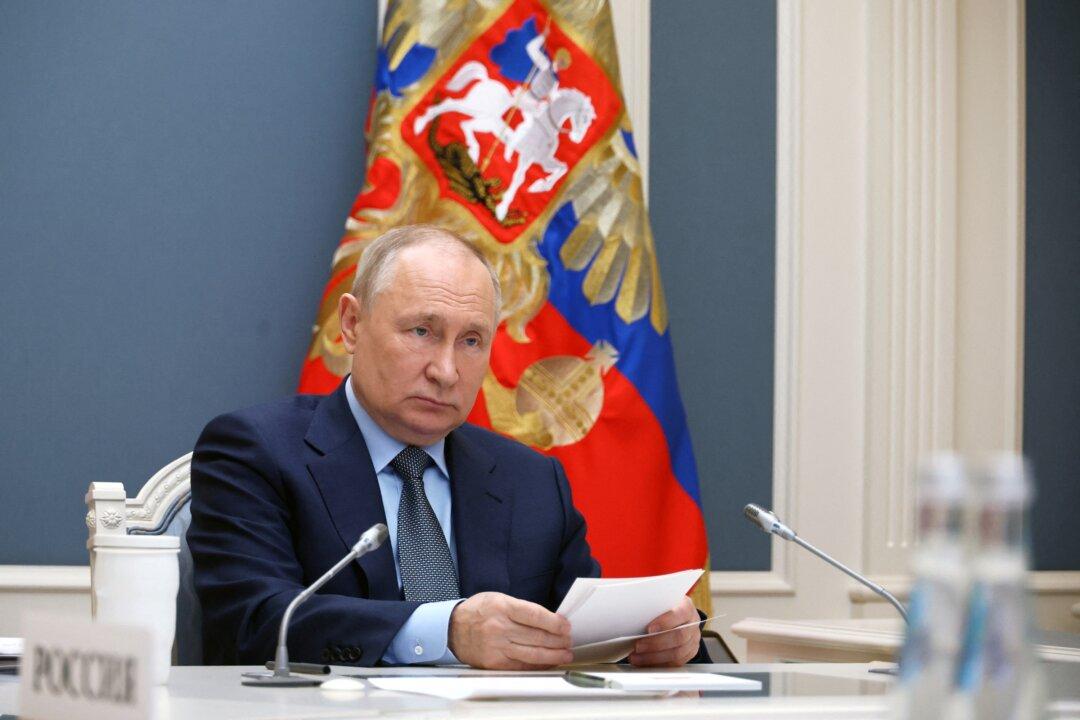Russia’s Supreme Court is drawing condemnation from Western rights groups after effectively banning pro-LGBT “activism.”
After a closed-door hearing on Nov. 30, the court upheld the Russian Justice Ministry’s contention that the “international LGBT movement” is “extremist” in nature and responsible for inciting “social and religious discord.”





